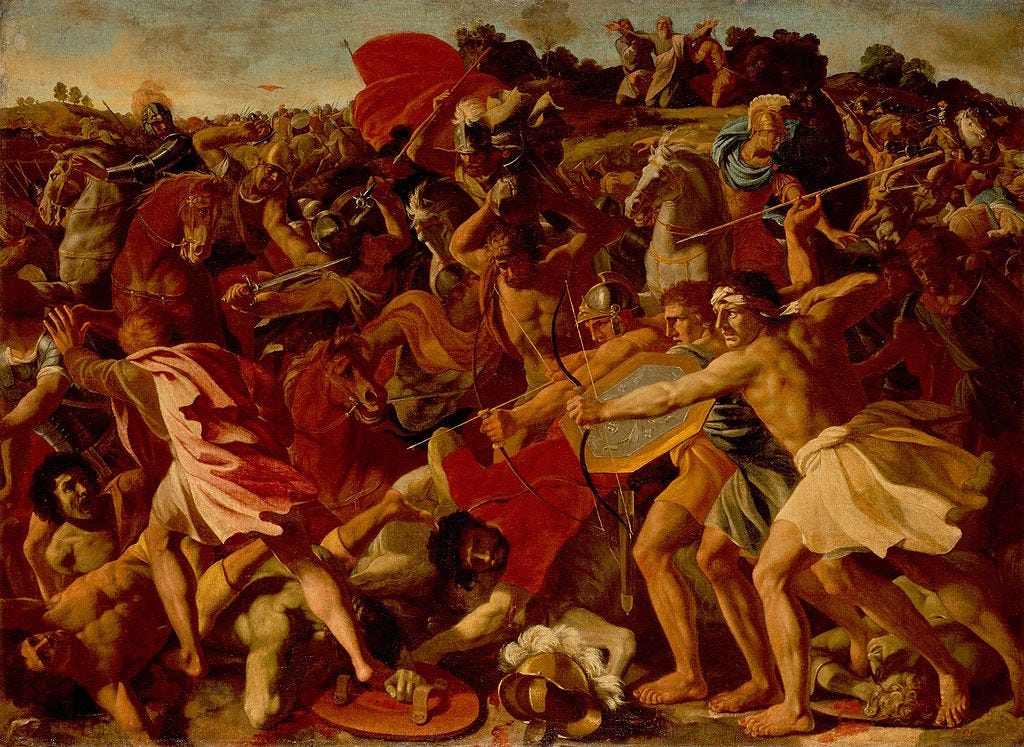What do we do with stories of divinely mandated genocide in the Old Testament?
Tales have prompted debate since at least the early days of Christianity

If you believe that the Bible is divinely inspired or in some sense God’s instructions to humanity and find yourself troubled by the accounts of God-ordained genocide in the Old Testament, you’re in good company. Wh…


